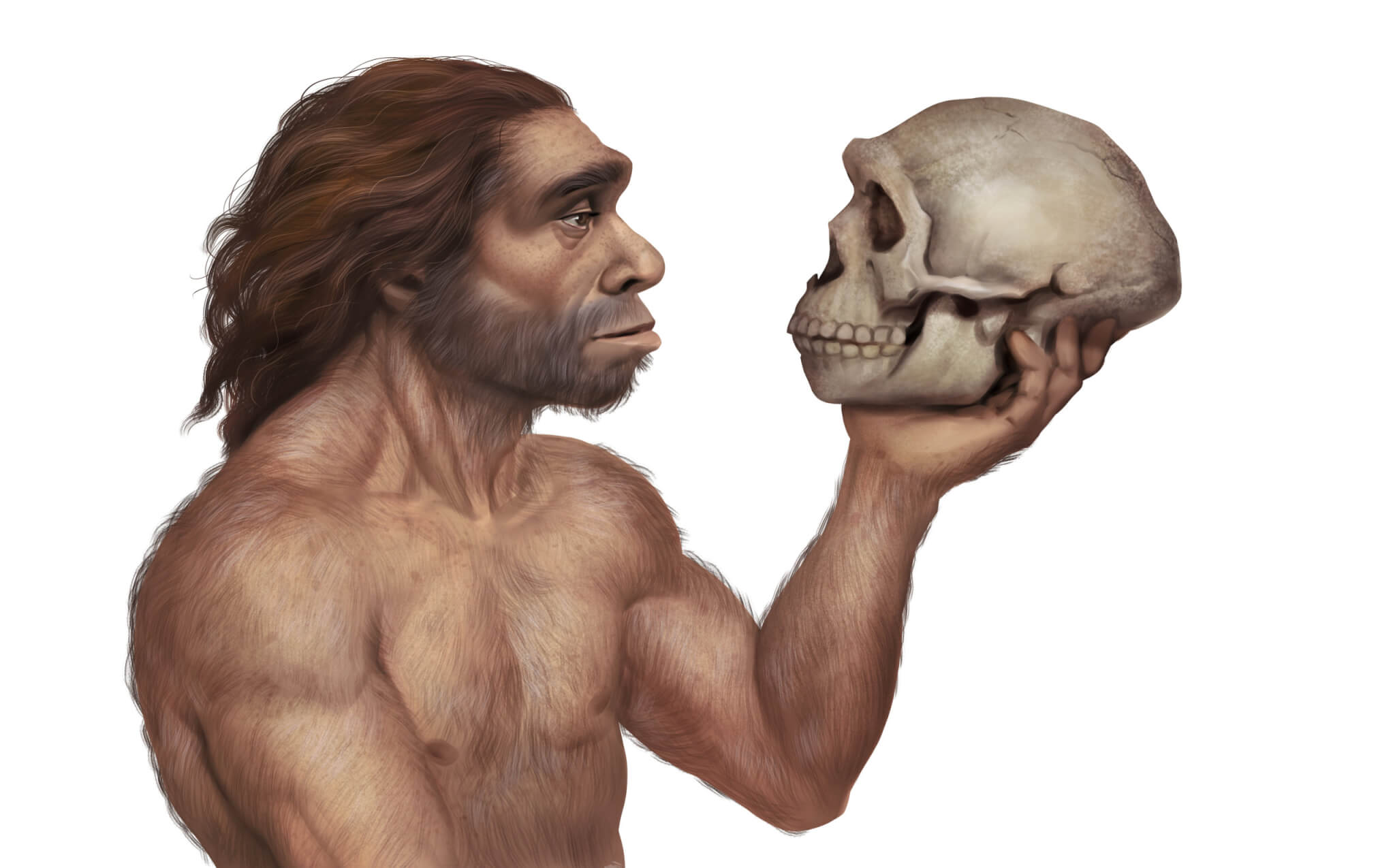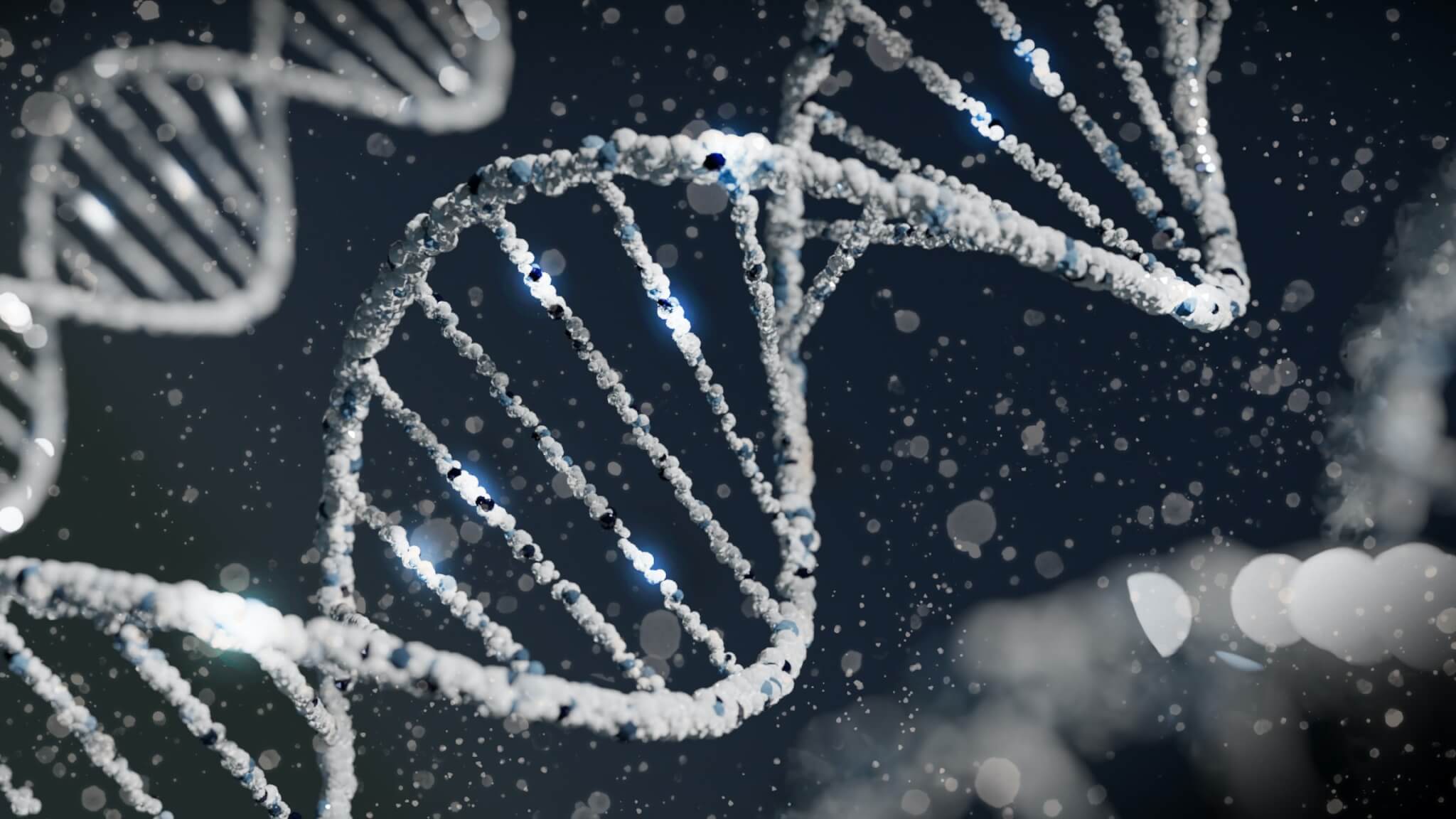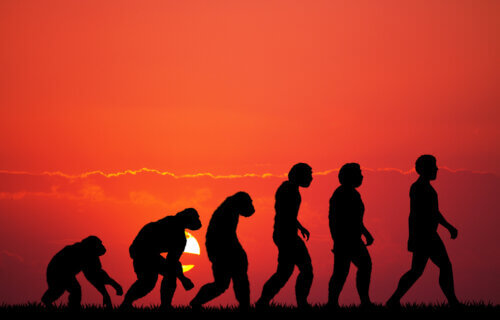NOTTINGHAM, United Kingdom — In a paradigm-shifting discovery, researchers from the United Kingdom have found that evolution may not be as unpredictable as once believed. The study suggests that the future path of evolution could be influenced by a species’ genetic history, challenging the long-held view that evolution is shaped by a myriad of factors and historical coincidences.
University of Nottingham scientists conducted a comprehensive analysis of the “pangenome” — the complete set of genes within a species. Their objective was to determine whether evolution is indeed predictable or if genomic evolution paths are solely dependent on historical contingencies.

The team employed a machine learning technique known as “Random Forest” and processed data from 2,500 complete genomes of a single bacterial species, utilizing several hundred thousand hours of computer processing. By categorizing the genes into “gene families,” researchers could compare genes across different genomes.
“The implications of this research are nothing short of revolutionary,” says study lead author James McInerney, professor at the School of Life Sciences at the University of Nottingham, in a university release. “By demonstrating that evolution is not as random as we once thought, we’ve opened the door to an array of possibilities in synthetic biology, medicine, and environmental science.”
Study author Dr. Maria Rosa Domingo-Sananes, from Nottingham Trent University, explained that they analyzed the presence and absence patterns of these gene families across various genomes.
“We found that some gene families never turned up in a genome when a particular other gene family was already there, and on other occasions, some genes were very much dependent on a different gene family being present,” Dr. Domingo-Sananes adds.
This intricate web of interactions among genes, akin to an invisible ecosystem, lends a degree of predictability to evolutionary processes.
The research team’s findings have significant implications across multiple fields:
- Novel Genome Design: This study provides a framework for designing synthetic genomes, aiding in the predictable manipulation of genetic material.
- Combatting Antibiotic Resistance: Understanding the interdependencies among genes could illuminate the ‘supporting’ genes behind antibiotic resistance, leading to more targeted treatments.
- Climate Change Mitigation: Insights from this research could guide the development of microorganisms engineered for carbon capture or pollutant degradation, contributing to climate change efforts.
- Medical Applications: The newfound predictability in gene interactions could revolutionize personalized medicine by offering new ways to assess disease risk and treatment effectiveness.
“From this work, we can begin to explore which genes ‘support’ an antibiotic resistance gene, for example. Therefore, if we are trying to eliminate antibiotic resistance, we can target not just the focal gene, but we can also target its supporting genes,” says study author Dr. Alan Beavan, from the School of Life Sciences at the University of Nottingham.
“We can use this approach to synthesize new kinds of genetic constructs that could be used to develop new drugs or vaccines. Knowing what we now know has opened the door to a whole host of other discoveries.”

This study marks a significant leap in our understanding of evolutionary processes, offering a new lens through which scientists can tackle some of the most pressing real-world issues, from antibiotic resistance and disease treatment to mitigating the impacts of climate change.
The study is published in the journal Proceedings of the National Academy of Sciences.




Lies lies lies. Evolution changes its story every other day. Creation is truth, PROVEN in observable cases everywhere. Evolution is a false religion, nothing more and nothing less. EVERYTHING can be explained logically with creation timeliness, flood geology and common sense. Creation IS SCIENCE. PROVE ME WRONG… Fell free to email me
Direct me to a scientific paper peer reviewed in a legitimate journal for science that was submitted by a creation “A SCIENTIST” Guess what you won’t find one because creation has NO place in reality!! You would have to have rapid speciation that is beyond biologically possible for your model to work. 11 new species a day to account for the diversity 9n tye planet today. You Mr. Mullet have a worldview that’s not based 9n reality 9r logic.
God bless all of you working to find Truth! It alone with love sets us free!🤫🙏
If there’s a missing link for humans, where’s the missing link for the mammoth and the elephant, sabertooth tiger and the lion.
The extreme rarity of transitional forms in the fossil record persists as the trade secret of paleontology. The evolutionary trees that adorn our text- books have data only at the tips and nodes of their branches; the rest is inference, however reasonable, not the evidence of fossils.
Stephen Jay Gould
Fwiw, the “missing link” generally refers to the seemingly huge intellectual gap between humans and other primates, which isn’t anywhere as pronounced for other species.
This is not a new idea, and the clustering is pure Dawkins – see The Blind Watchmaker for a discussion of it from last century.
Spot on … another recycled idea! (Almost Harvard Key plagerism)
Article starts talking about human genome evolution and flips to bacteria genomes, I think each kind stays separate instead of bacteria being our ancestors. Humans were made in the likeness of our Creator his image is our blueprint in this physical world.
Creation over evolution.Creation from the dust of the earth is more believable than evolution.For instance they say we came from monkeys,I say we were created from the same dust of the earth as they were just like the Holy Bible says.We also go back to the earth.So no brainer there.If you don’t know any better read the Bible and if you know the Bible and reject it you are lying to the fickle public.
Another denialist. Some book says a thing. How do you think your car is powered? The oil and gas industry rely on evolutionary algorithms to pinpoint where to search for oil and gas. Evolution is a FACT. It explains the biodiversity 9f life on earth. The bible wants you to believe that evolution took place over 6000 years. That’s equal to 11 new species appearing every day. You are so ignorant. 8ts called a god 9f the gaps argument from ignirance.
Doc Kennedy, the Truth is GOD created all in 6 days.
Wake up son humanity was made in 6 million years not 6 days
“Day” in the Bible can mean a period of unspecified time. “Back in the day of the Vikings.” So the Bible bashers that don’t look at the evidence that the Bible is inspired of God actually do it a disservice. They also miss a very important point, “In the beginning God created the heavens and the earth.” Who says the “beginning” is six thousand years ago? People that speculate! God took His time creating the earth and preparing it for life, something that can only be passed on, first from God, then from procreation.
Many get evolution and adaptation mixed up. Evolution is a thoery. Adaptation is a fact. Evolution is not adaptation.
We might be able to design intelligently?
That just proves that we are designed. Where there is design there must be an intelligent designer. The on that designed all things is the God of the Bible, Jehovah.
Yeah this is not news at all. Damn sensationalized headlines.